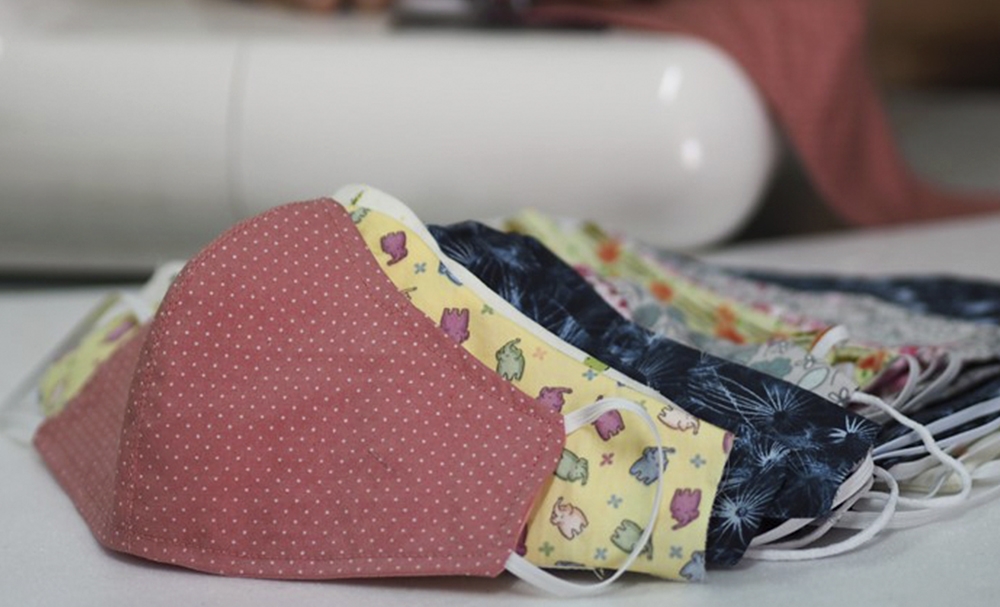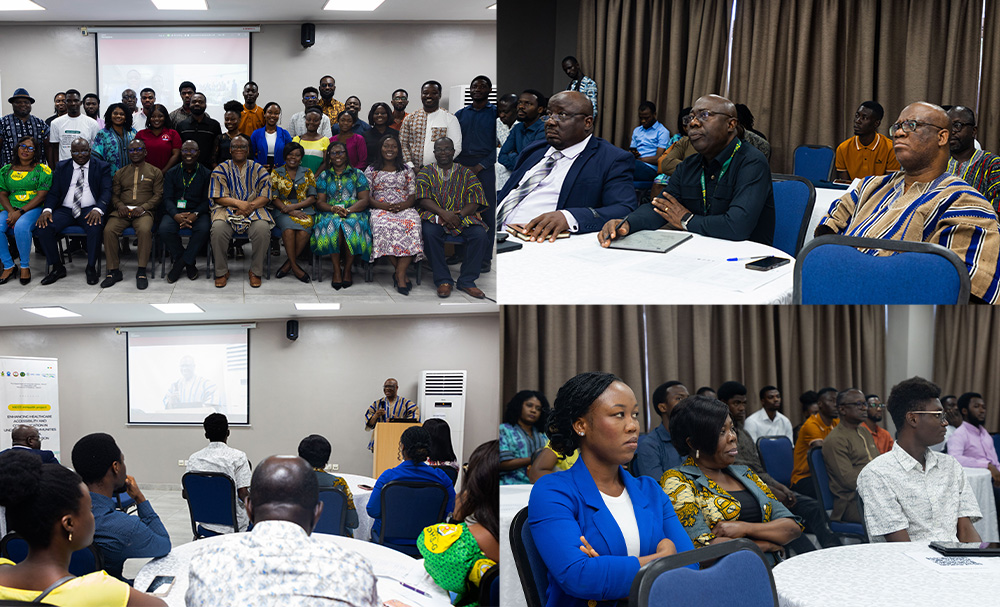According to a study undertaken by final-year undergraduate students from the Kwame Nkrumah University of Science and Technology's Departments of Medical Diagnostics and Clinical Microbiology, medical masks are more effective than cloth masks in protecting people against microbial pathogen infection.
Covid-19, according to the team, requires the usage of nose masks, which have been found to limit viral transmission. However, in impoverished countries where medical nose masks are unavailable, cotton nose masks made without standards are utilized. Concerns about the filtering efficacy of these cloth masks have been raised, according to the researchers. As a result, the students conducted research to compare the performance of cloth masks to the medical masks, as well as to investigate the impact of washing and drying cycles on filtration capacity.
The filtering capabilities of fabric masks and medical masks were investigated using particle matter estimation and bacterial colony count in an experimental investigation. KN95, surgical masks, single-layer lycra cloth mask (CM1), single-layered cotton mask with a thin lining (CM2), and double-layered cotton mask (CM3) were among the masks utilized (CM3). Healthy volunteers were asked to cough into a sealed box while wearing a mask. A particle counter nozzle and an agar plate were put into the sealed box. The fabric masks were put through seven different washing and drying cycles, all of which were approved by the World Health Organization (WHO), to see how they affected their filtration abilities.
The students discovered that KN95 (83.54 percent) and surgical masks (70.12 percent) had much greater filtration capacity than any of the cotton masks (p0.05). The filtering capabilities of all three masks were determined to be less than 50%. The study determined that CM3 was the best cloth mask (49.54 percent), followed by CM1 (48.90 percent), and finally CM2 (44.81 percent). Throughout the seven washing and drying cycles, the filtering capacity of all the cloth masks decreased. The filtering capabilities of masks washed using the WHO-approved washing procedure and ordinary washing showed no significant differences.
The study concludes that medical masks are better at protecting individuals against infection of microbial pathogens compared to cloth masks. The team recommends wearing cloth masks in places where the risk of transmission is low. Also, repeated washing cycles of cloth masks could decrease its filtration capacity over time. The public could reduce the number of times such masks are re-washed for use.









